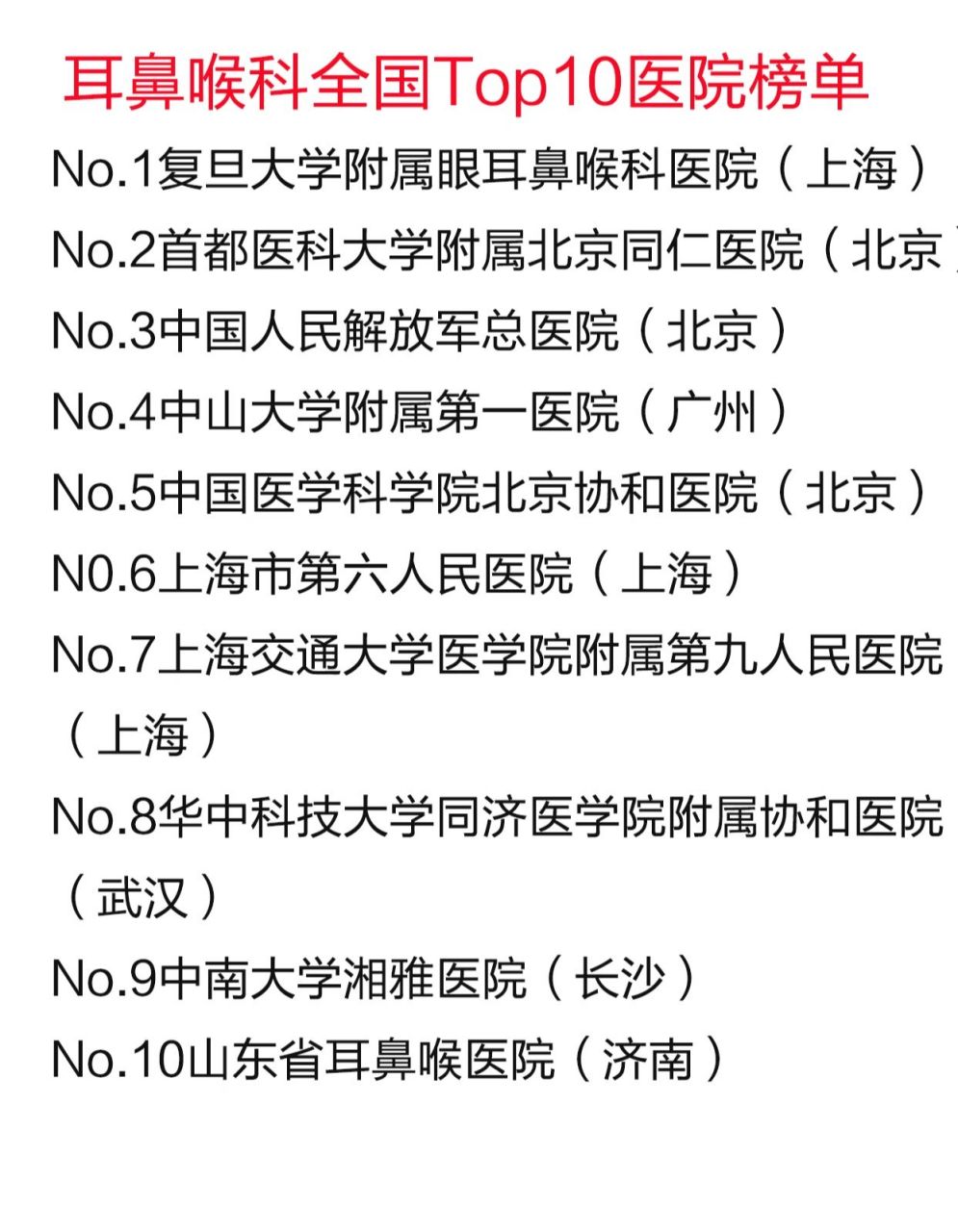
The treatment of heart failure involves a comprehensive approach that includes medication, lifestyle changes, and sometimes surgical interventions. Here are some key strategies:
1. Medications: A variety of drugs are used to manage heart failure, including ACE inhibitors, ARBs, beta-blockers, diuretics, and digitalis. These medications help improve heart function, reduce fluid buildup, and lower blood pressure.
2. Lifestyle Modifications: A healthy diet low in salt and fat, regular exercise, maintaining a healthy weight, quitting smoking, and limiting alcohol intake are all crucial for managing heart failure.
3. Monitoring and Managing Symptoms: Regularly checking blood pressure, weight, and heart rate, as well as monitoring for signs of worsening heart failure, such as shortness of breath or leg swelling, is important.
4. Surgical Procedures: In some cases, procedures like coronary artery bypass surgery, heart valve repair or replacement, or even heart transplantation may be necessary.
5. Devices: Implantable devices such as pacemakers or defibrillators can help regulate heart rhythm, and ventricular assist devices (VADs) can help pump blood when the heart isn't functioning adequately.
6. End-of-Life Care: For advanced heart failure, palliative care and hospice services can help manage symptoms and improve quality of life.
It's essential for patients with heart failure to work closely with their healthcare providers to develop a tailored treatment plan that addresses their individual needs and health status.











